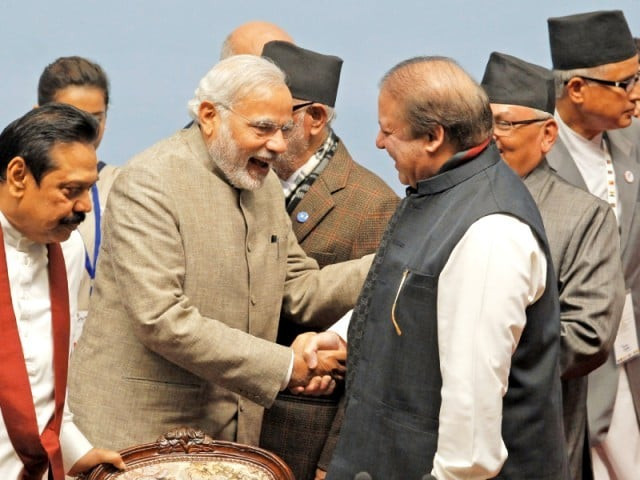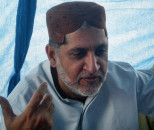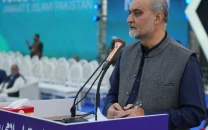Pakistan and the region
Pakistan is now in a situation now where it does not have cordial relations with most of its immediate neighbours

Pakistan is now in a situation now where it does not have cordial relations with most of its immediate neighbours. PHOTO: AFP
The drop scene of US-Pakistan relations
Since its inception, Pakistan has always championed the cause of Muslim solidarity and brotherhood. Both Jinnah and Liaquat Ali Khan kept this notion as a central theme of the All India Muslim League and continued with this theme in Pakistan. However, as soon as Pakistan was created, an immediate conflict emerged with it Muslim neighbour — Afghanistan. In September 1947, Afghanistan was the only country in the world, which opposed Pakistan’s entry into the UN, and several times since then, Pakistan has been on the verge of a violent conflict with the 99 per cent Muslim country. All this is despite both Pakistan and Afghanistan sharing history, language and customs, in addition to the obvious linkage of Islam. In most parts of the world, such commonality would have led to greater understanding and cooperation — but not in this case.
Pakistan’s other Muslim neighbour is Iran, with which thankfully we had cordial relations while it was under the Shah. However, as soon as the Islamic Revolution took place in 1979, relations soured and have largely remained tense ever since. It is as if as long as Iran was under the mainly secular rule of the Shah, Pakistan had good relations with the country, but as soon as it too brandished its Islamic identity, relations deteriorated. Obviously, Iran’s sectarian identity was anathema to Pakistan, and so relations became stuck in this dynamic.
Pakistan considering to link Gwadar with Chabahar: Sartaj Aziz
Pakistan is now in a situation now where it does not have cordial relations with any of its immediate neighbours — with the sole exception of China with which we share a very small border in comparison. And it is also true that it seems that Pakistan does not care either. Its sole prism of religion in international affairs and that too without consideration of its geographical situation has led to the current precarious situation where the country is bordering on becoming a pariah state. The recent agreement among Afghanistan, Iran and India on the Chabahar port is a wake-up call to Pakistan that if it does not take cognisance of its neighbourhood and makes concerted efforts to improve relations with it, regional countries will simply begin to ignore and bypass it. This will not only mean strategic losses for Pakistan, but also economic and political ones. Furthermore, unless Pakistan develops good relations with its neighbours, its own stability will not be ensured, but this concept again seems to elude those who actually run the country.
Pakistan was the first country made on the basis of a strong political idea, and while it is an accomplishment in itself, sustaining it needs engagement with the ground realities, or else we will forever be relegated to the realm of thought and sentiment without any connection with the real world.
Published in The Express Tribune, May 28th, 2016.
Like Opinion & Editorial on Facebook, follow @ETOpEd on Twitter to receive all updates on all our daily pieces.



















COMMENTS
Comments are moderated and generally will be posted if they are on-topic and not abusive.
For more information, please see our Comments FAQ